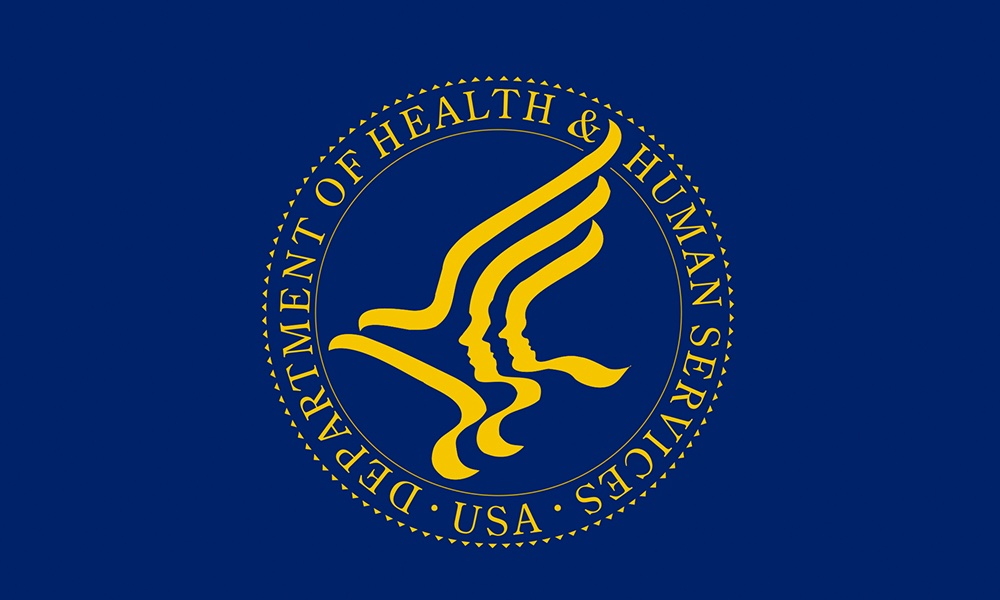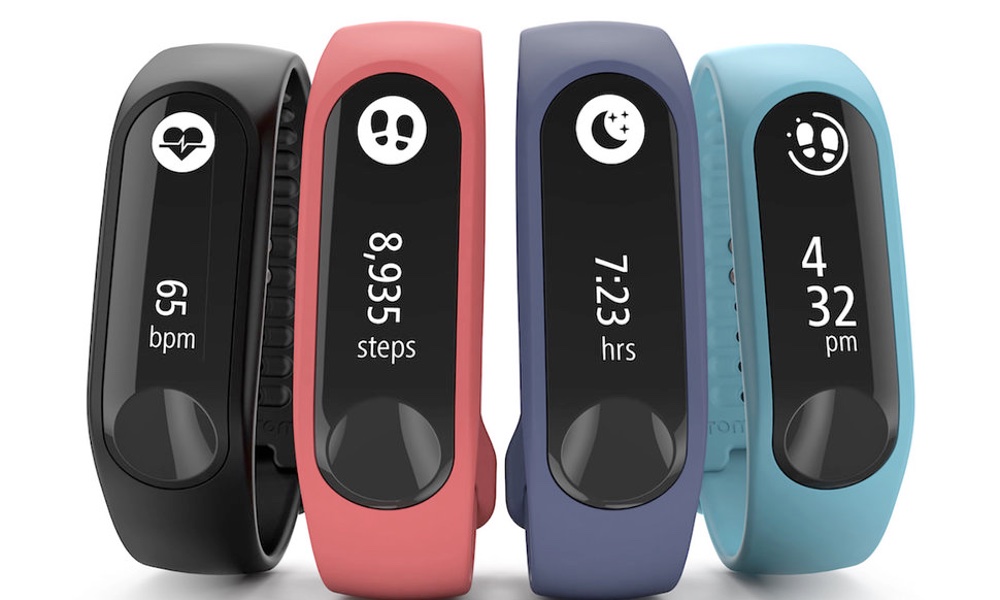If you and your partner are hoping to get pregnant, you both might want to avoid drinking soda. A woman's chances of becoming pregnant drop considerably if either member of the couple drinks one or more sugar-sweetened beverages a day.
The study looked at over 3,800 women from the United States and Canada who were trying to conceive and more than 1,000 of their male partners. Women were asked about their consumption of soda (sugar-sweetened and diet), fruit juice, energy drinks and sports drinks. They were then followed for a year or until they became pregnant.
After controlling for factors such as income, smoking and alcohol consumption, researchers found that the monthly odds of becoming pregnant dropped by 19 percent when either partner drank one or more sugar-sweetened beverages per day (seven or more a week), compared to those who didn't drink them or drank them only occasionally.The monthly odds of pregnancy were 25 percent lower for women who drank seven or more sugary sodas a week and 33 percent lower if male partners drank sugary sodas, compared to those who did not drink sweetened drinks at all.
To the study's lead author, Elizabeth Hatch, of the Boston University School of Public Health, the meaning is clear: “Couples planning a pregnancy might consider limiting their consumption of these beverages, especially because they are also related to other adverse health effects.”
No association was found between drinking fruit juice or diet soda and pregnancy.
Birth rates in the developed nations have been declining for decades. Many factors have been suggested as contributors, ranging from the increasing number of endocrine disrupting chemicals found in the environment to thyroid dysfunction in women, and personal choice. Now you can add sugary soda and energy drinks to that list.
The study appears in Epidemiology.





